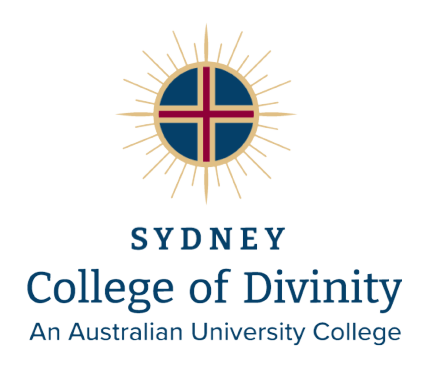T7273 – Patristics after Chalcedon
Unit Code
T7273
Unit Name
Patristics after Chalcedon (undergraduate)
Unit Weighting
9 Credit Points
Type of Unit
Intermediate
Prerequisites, corequisites or exclusions
9 Credit Points in Theology (i.e Introduction to Theology or Early Church Fathers)
Academic Staff
Michael Ibrahim BE (Hons) University of Sydney, BSc (Hons) University of Sydney, MA (Theology) SAGOTC, PhD cand. (MQ)
Curriculum Objectives
This course unit critically engages the thought and methods of Chacedonian and non-Chalcedonian figures from the fifth to the seventh century. Building on Church Fathers: An Introduction, this unit enables students to comprehensively understand the connection between the historical circumstances, the spiritual life and the formulation of Christian theology, until the rise of Islam. In particular, this unit will examine the interplay between Chalcedonian and non-Chalcedonian thinkers, and provide the framework within which to critically reflect on the contemporary relationship between the Oriental Orthodox and Eastern Orthodox Churches.
Learning Outcomes
At the end of this unit students will be able to:
1) Appraise the historical, ecclesial and conciliar contexts of various trends of the period
2) Demonstrate a comprehensive understanding of the main theological themes developed by non-Chalcedonian fathers and their Chalcedonian interlocutors
3) Utilise and evaluate primary sources in light of recent scholarship pertaining to themes such as Christology, liturgy, ecclesiology and mystical theology.
4) Evaluate the complex themes developed by these fathers within their immediate and distant literary, historical, and theological contexts
5) Contextualise through analysis and synthesis the non-Chalcedonian patristic tradition within contemporary scholarship and its relevance to today’s Orthodox Christian experience
Content
1) Early fifth century context.
2) Cyril of Alexandria: His Life, Times and Theology
3) Dioscorus of Alexandria, Leo of Rome and the Council of Chalcedon
4) Timothy Aelurus and Chalcedonian aftermath
5) Peter the Fuller: Theopaschite Theology
6) Philoxenus of Mabbug
7) Severus of Antioch: His Life and context.
8) Severus of Antioch: Theologian and Pastor
9) Neo-Chalcedonianism: Justinian and Leontius of Byzantium
10) The Dionysian Corpus
11) Maximus and John of Damascus
12) Monastic literature: Shenoute of Atripe

